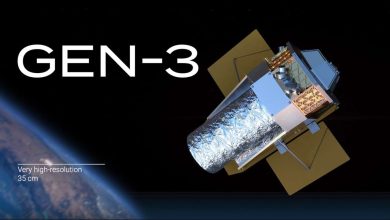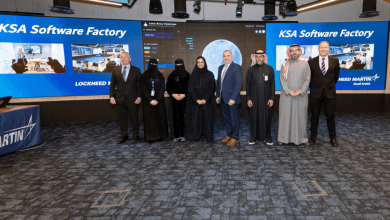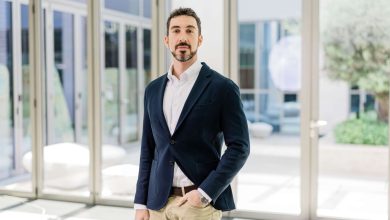
BAE Systems Unveils Groundbreaking Filter Technology to Enhance Radar and Electronic Warfare Innovations
DARPA has granted BAE Systems’ FAST LabsTM research and innovation division a $6.5 million agreement for the COmpact Front-end Filters at the ElEment-level (COFFEE) initiative.
The Defense Advanced Research Projects Agency (DARPA) has granted BAE Systems’ FAST Labs™ research and innovation division a $6.5 million agreement for the COmpact Front-end Filters at the ElEment-level (COFFEE) initiative. COFFEE seeks to deliver filter technology to enhance the functionality of vital DoD Radio Frequency (RF) and microwave systems under strict power and size limitations, such as digital Active Electronically Scanned Arrays.
Highly integrated, high channel-count RF architectures are widespread in DoD applications. The COFFEE initiative aspires to provide elemental-level defense for these systems against interferences that could negatively affect operations in crowded environments.
“Wideband, highly integrated RF systems are crucial to facilitate mission-critical functions; however, high-bandwidth receivers frequently possess restricted dynamic range, which can render them susceptible to electronic jamming,” remarked Chris Rappa, lead technologist at BAE Systems’ FAST Labs. “COFFEE will deliver filtering technology to shield systems and enhance their resilience to disruption.”
BAE Systems will devise filter technology capable of catering to a vast microwave frequency spectrum that DoD radio systems typically function within, ensuring element-level integration without compromising performance. The firm will guarantee that the filters are producible with consistent efficacy.
BAE Systems’ involvement in the COFFEE initiative forms part of DARPA’s Electronics Resurgence Initiative, a five-year commitment exceeding $1.5 billion dedicated to the progression of the U.S. semiconductor sector. This effort is integrated into the company’s cutting-edge electronics portfolio, which includes partnerships with Purdue University.









